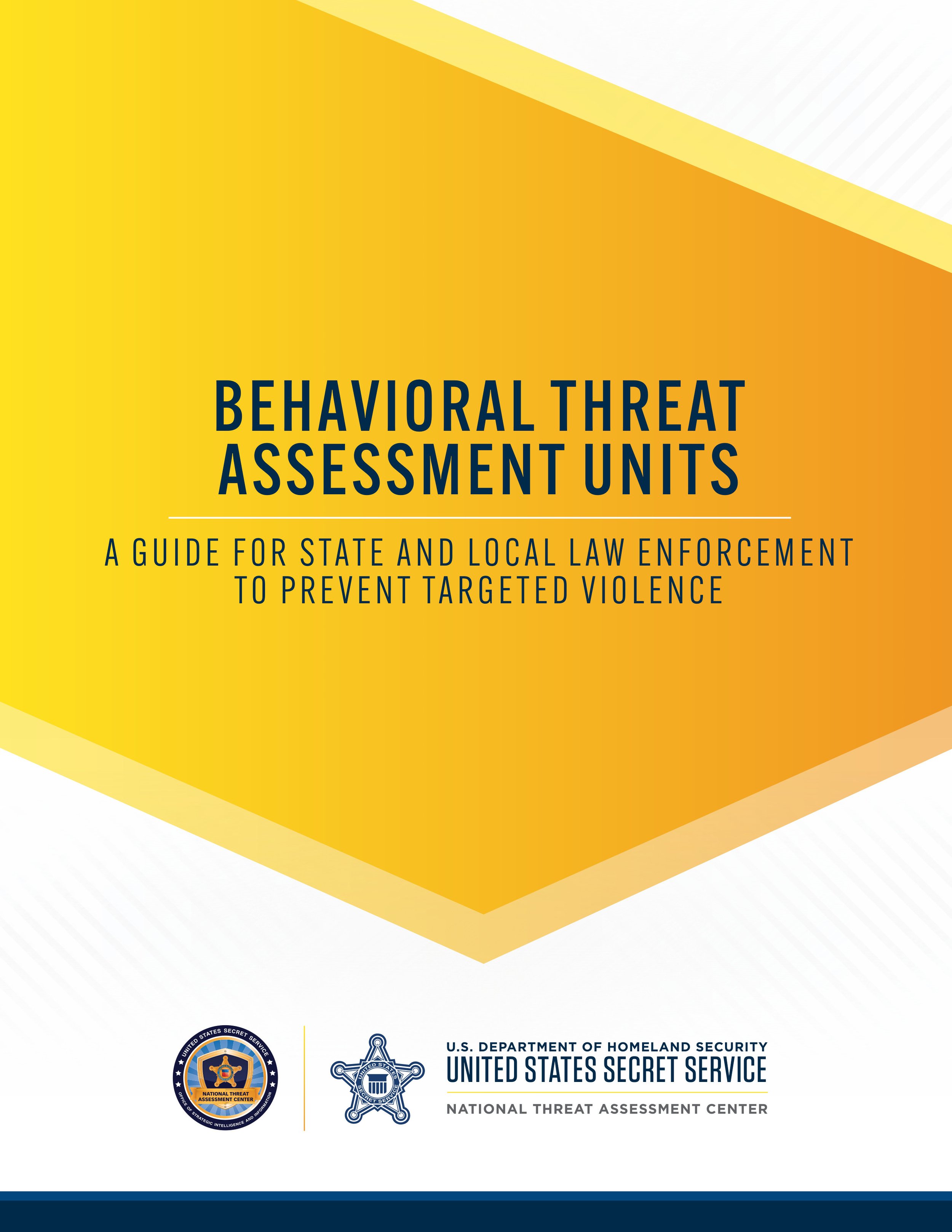By National Academies of Sciences, Engineering, and Medicine
Mental, emotional, and behavioral (MEB) disorders—including mental illness and substance use disorders—are at the heart of several ongoing national crises and affect every U.S. population group, community, and neighborhood. Existing infrastructure responds to these crises predominantly with treatment and recovery, or addressing MEB disorders once they already exist, rather than working to prevent them. Available prevention services are insufficiently funded, fragmented, and better developed for substance use prevention than mental health promotion and for children and youth than for other age groups. Improved prevention services could help people thrive, avert the harms that accompany MEB disorders, and reduce the burden on an already overtaxed system. In response to a request from the Centers for Disease Control and Prevention (CDC), the National Institutes of Health (NIH), and the Substance Abuse and Mental Health Services Administration (SAMHSA), the National Academies of Sciences, Engineering, and Medicine (the National Academies) convened a committee of experts to develop a blueprint, including actionable steps for building and sustaining an infrastructure, for delivering prevention interventions for behavioral health disorders. The committee’s report, Blueprint for a National Prevention Infrastructure for Mental, Emotional, and Behavioral Disorders, presents its conclusions and recommendations. The committee asserts that the existing MEB disorder prevention infrastructure—partially present in other systems like education, health care, and human services—provides a foundation to build on and that creating another system would be inefficient. Instead, the report’s conclusions and recommendations focus on strengthening, coordinating, and funding existing structures to close gaps, prepare workers, and maximize available data to deliver needed interventions .
Washington, DC: The National Academies Press. 2025. 384p





